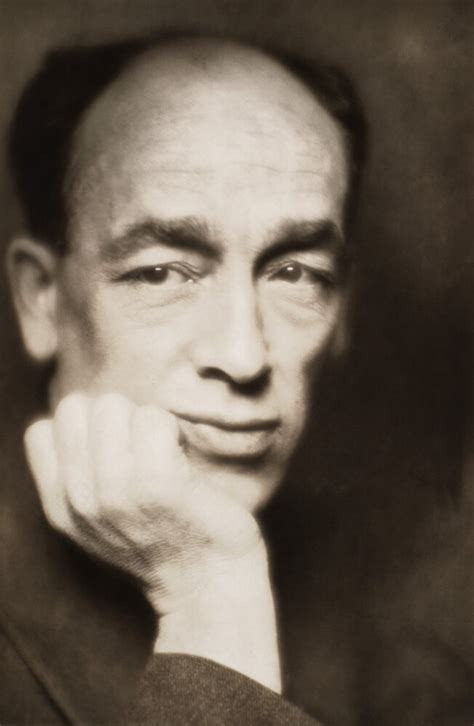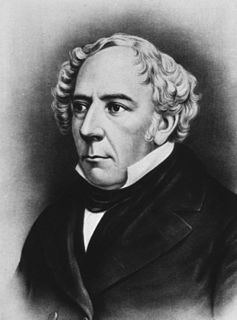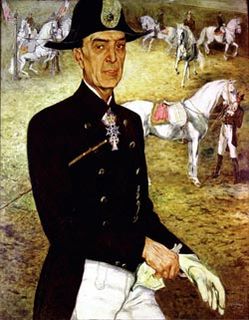A Quote by James Stephens
To understand the theory which underlies all things is not sufficient. Theory is but the preparation for practice.
Quote Topics
Related Quotes
We see many persons talking the most wonderfully fine things about charity and about equality and the rights of other people and all that, but it is only in theory. I was so fortunate as to find one who was able to carry theory into practice. He had the most wonderful faculty of carrying everything into practice which he thought was right.
I get paid to do what I love. If you understand physics, the foundation of the atomic theory and relativity, you understand how the future is going to unfold. You understand what things are not possible. You understand why things work. I get paid to do what I love the most, and that is to work on the Unified Field Theory and to see the future.
It is naïve to suppose that the acceptance of evolution theory depends upon the evidence of a number of so-called "proofs"; it depends rather upon the fact that the evolutionary theory permeates and supports every branch of biological science, much as the notion of the roundness of the earth underlies all geodesy and all cosmological theories on which the shape of the earth has a bearing. Thus antievolutionism is of the same stature as flat-earthism.
The theory of medicine, therefore, presents what is useful in thought, but does not indicate how it is to be applied in practice-the mode of operation of these principles. The theory, when mastered, gives us a certain kind of knowledge. Thus we say, for example, there are three forms of fevers and nine constitutions. The practice of medicine is not the work which the physician carries out, but is that branch of medical knowledge which, when acquired, enables one to form an opinion upon which to base the proper plan of treatment.
If the theory accurately predicts what they [scientists] see, it confirms that it's a good theory. If they see something that the theory didn't lead them to believe, that's what Thomas Kuhn calls an anomaly. The anomaly requires a revised theory - and you just keep going through the cycle, making a better theory.
Creationists reject Darwin's theory of evolution on the grounds that it is "just a theory". This is a valid criticism: evolution is indeed merely "a theory", albeit one with ten billion times more credence than the theory of creationism - although, to be fair, the theory of creationism is more than just a theory. It's also a fairy story. And children love fairy stories, which is presumably why so many creationists are keen to have their whimsical gibberish taught in schools.
Catastrophe Theory is-quite likely-the first coherent attempt (since Aristotelian logic) to give a theory on analogy. When narrow-minded scientists object to Catastrophe Theory that it gives no more than analogies, or metaphors, they do not realise that they are stating the proper aim of Catastrophe Theory, which is to classify all possible types of analogous situations.






































